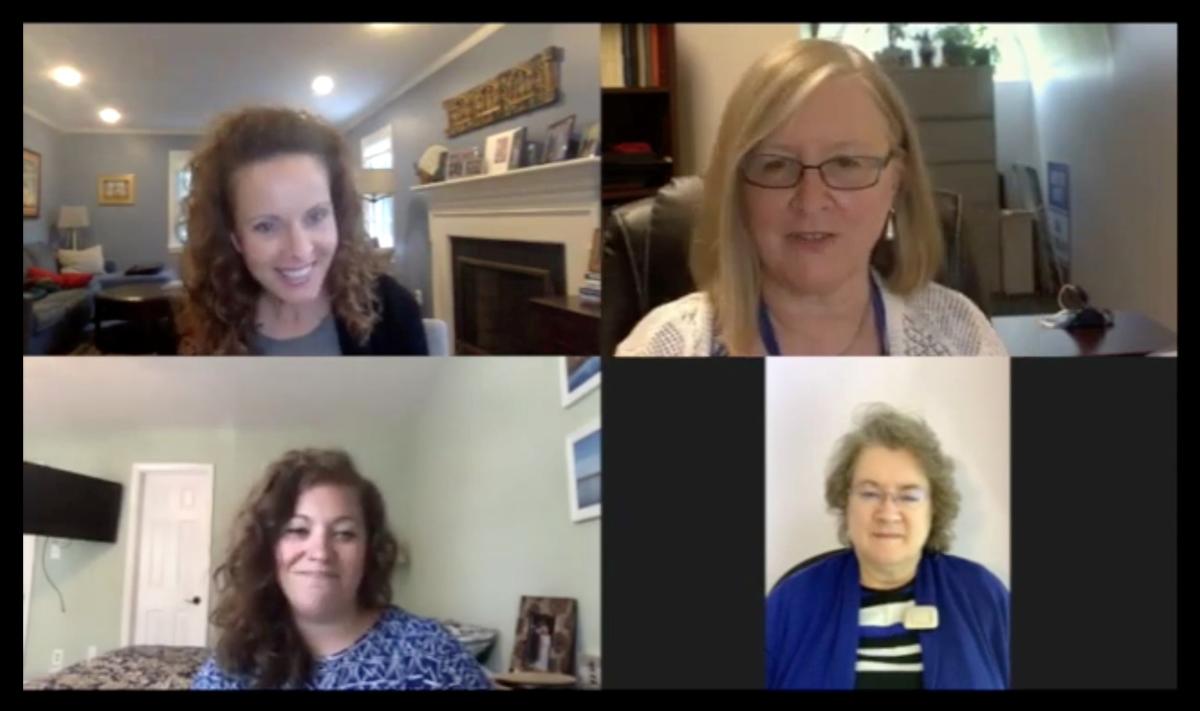In This Story
Originally published on August 4, 2020
Elections are uncertain, but elections during a pandemic are even more uncertain. Absentee ballots, personal protective equipment for elections officers, and other issues with social distancing make running an election incredibly difficult. Those were among the issues discussed in a recent Schar School video podcast featuring three Northern Virginia election officials and moderated by Assistant Professor Jennifer N. Victor.
View the complete conversation.
What does an election look like for a democracy living with a deadly disease?
“One of the greatest challenges was securing [personal protective equipment] for our office and for our elections officers, and, in that context, trying to retain election officers,” said Brenda Cabrera, director of elections for the City of Fairfax, home to George Mason University’s Fairfax Campus. “Within two weeks we were in a total lockdown in the city, you couldn’t even get into the building without an appointment, and we had to change everything.”
Learning how to keep voters and election officials safe was the initial challenge, but now as we look to the November 2020 election, fears continue to mount, said Jean Thoensen, a chief election officer in Fairfax County and undergraduate student at the Schar School. “I’ve already been having nightmares about how to run this election for November based on what the turnout was in 2016 at my own polling place,” she said. “When we opened the doors at 6 a.m., I had hundreds of people already in line. So here I am thinking ‘Oh, what’s that going to be like in 2020?’ And now that’s all been flipped on its head.”
Voting rooms had to be changed for social distancing, not only for the voters, but for the thousands of poll workers. Other laws too, such as Voter ID requirements and absentee excuses, have also been significantly loosened, said Thoensen. Yet the fear of COVID-19 may keep voters at home, so outreach efforts have become more important.
“[We’re] trying to find ways to really connect this to folks personally—why they’re voting, connect to their academic interests, connect to student groups. We’re going to have a lot of opportunities to partner with folks,” said Kristen Wright, Mason’s Director of Civic Engagement, who continues to work to register students to vote and explain the importance of voting.
Moderator Victor, an expert in legislative politics, said the discussion impressed on her that “elections are run by thousands of local election administrators and experts, many of whom are experienced, professional, and highly competent.”
One of her main takeaways included the idea that “during a pandemic, we can hold a safe election and protect public health by encouraging as many people as possible to vote by mail. It is safe, secure, and effective. In Virginia, you must ask for an absentee ballot and you can do so now. Absentee ballots will be delivered at the end of September and should be returned in October—or as soon as possible—to ensure timely counting.”
Additional reporting by Buzz McClain/Schar School of Policy and Government

